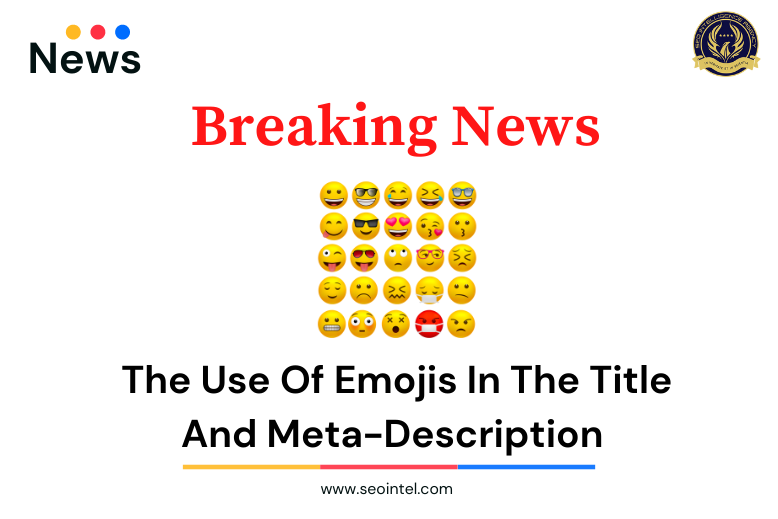
In the Google Search Central SEO Office Hours on January 28, a user asked for updated guidelines on the use of emojis in the title and meta-description of a page, and what affect they have on SEO.
John Mueller responded that emojis can be used in the titles and descriptions of a page. However, Google does not show all of these in the search results, especially if it disrupts the SERPs.
When it comes to rank, putting emojis in the title and meta-description does not have any significant advantage. At most, what Google does is try to figure out what the equivalent of the emoji is and maybe use that word to associate it with the page, but it’s not that you would get an advantage from using it.
If you like having it in your title and meta description, then go for it. If you don’t want it there, it is also ok. It does not really matter when it comes to search and rank.
I remember years ago that some SEOs have it in their practice to add emojis in their title and description, not for SEO, but mainly for clickthrough because it helps stand out in the search result. It can cause users to click on the listing, instead of other listings. It was for increasing clickthrough rates.
Have you used emojis like this? Are you currently using it? Does it help you with clickthrough rates?